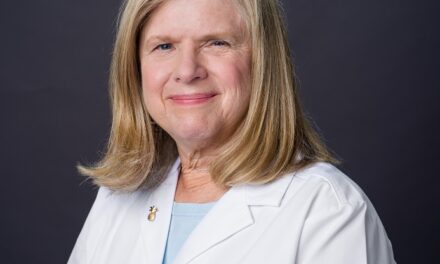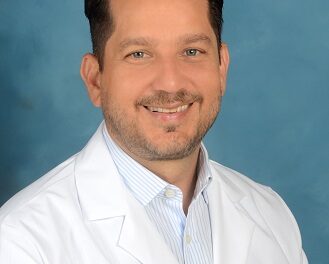 In the wake of the Florida Legislature’s sweeping revamp of the Personal Injury Protection system, the rules have changed for many in the health care field who treat victims of auto accidents. Some medical specialists fared well, some not so much. Count advanced registered nurse practitioners as one of the real winners in the PIP reform effort.
In the wake of the Florida Legislature’s sweeping revamp of the Personal Injury Protection system, the rules have changed for many in the health care field who treat victims of auto accidents. Some medical specialists fared well, some not so much. Count advanced registered nurse practitioners as one of the real winners in the PIP reform effort.Why? Their stock and their responsibilities went up when the bill that passed a narrowly aligned Legislature in the waning hours of the spring session named ARNPs among only five medical specialists authorized to diagnose accident victims with having an “emergency medical condition” sufficient to qualify them for their full $10,000 in PIP auto insurance coverage. It’s a big responsibility, reserved for those legislators thought could be trusted to make such a weighty verification.
Under the new law, which won’t take effect until Jan. 1, 2013, Floridians injured in an auto accident will have 14 days to seek initial treatment. Only those diagnosed by medical doctors, osteopathic physicians, dentists, physician assistants or ARNPs as suffering emergency injuries can apply for full PIP coverage. Those with less severe injuries, including the most common “soft-tissue” soreness and swelling, can only claim up to $2,500.
The ARNPs’ inclusion under the requirement is a nod toward the vastly expanding roles physician assistants and ARNPs are playing, not just in Florida’s health care industry, but across the nation. More and more, as patient levels swell with the demand for doctors’ time, nurse practitioners are taking over routine tasks like patient examinations and some diagnoses that were once the sole domain of physicians. And the trend, like nurse practitioners’ responsibilities, is only expected to grow.
A national campaign is under way, in fact, supported by organizations like the AARP, to raise the educational standards for all nurses and to gain greater independence for nurse practitioners. Numerous studies comparing the quality of care provided by nurse practitioners to that offered by medical doctors have already shown that they produce similar levels of patient satisfaction and overall feelings of wellness. And in 2009, the Institute of Medicine, a government advisory group, released a report recommending that nurses and nurse practitioners fill some of the increased demand for health care services in the coming years as the baby boom generation ages and health care reform takes hold.
Nurse practitioners in Florida already have plenty to do. The Sun Sentinel reported in February that the South Florida market would need as many as 6,750 more registered nurses and the same number of lesser-trained nurses to meet existing demand – and that’s well before the crush of auto accident victims looking for “emergency” diagnoses from ARNPs come next year.
Whether there will be enough ARNPs to go around in time for PIP reform’s 2013 debut remains to be seen. But there’s no question that ARNPs are gaining recognition as reliable, credible medical professionals in their own right, as their inclusion in PIP reform affirms.



























